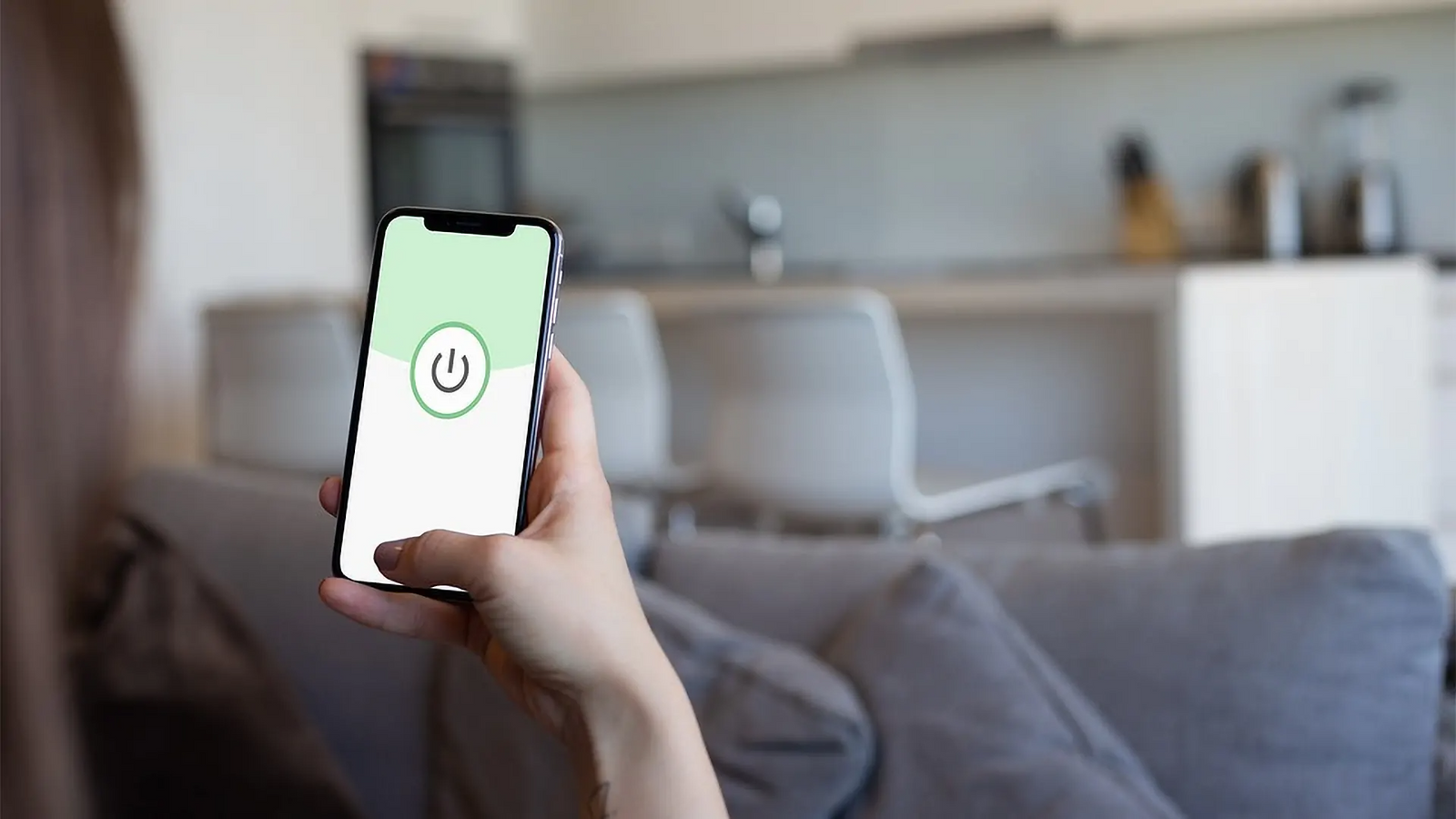Protecting Your Online Privacy: Tips for the Digital Age

There is no lying, we are constantly connected to the internet. Our mobile devices are like extensions of our bodies, and we rely on them for just about everything - from staying in touch with loved ones to managing our finances. But as convenient as it may be, this constant connection comes with risks. Every time we go online, we share our personal information with the world, leaving ourselves vulnerable to cybercriminals who are always on the prowl.
It's a scary thought, isn't it? But I want to reassure you that there are steps you can take to protect your online privacy and stay safe in the digital world. In this article, I'll walk you through some simple but effective tips that will help you safeguard your personal information and keep cybercriminals at bay. So, let's dive in!
-
- Use strong and unique passwords: Passwords are the first line of defense against hackers. Use a combination of upper and lowercase letters, numbers, and special characters to create a strong password. Avoid using the same password for multiple accounts, as it increases the risk of a data breach.
- Avoid public Wi-Fi: Public Wi-Fi networks are convenient but not always secure. Hackers can intercept your internet traffic on public Wi-Fi, allowing them to access your personal information. Instead, use the UP VPN to encrypt your online activity and protect your privacy.
- Be cautious when clicking on links or downloading attachments: Phishing emails are a common tactic used by cybercriminals to trick you into giving up your personal information. Always be cautious when clicking on links or downloading attachments from unknown sources. Check the sender's email address and look for any red flags, such as spelling mistakes or suspicious links.
- Keep your software up-to-date: Software updates often include security patches that address vulnerabilities in the software. Make sure to install updates regularly on your devices to keep them protected.
- Lastly, and most important: Use the privacy-focused tools available that can help protect your online privacy. For example, UP VPN is a reliable VPN service that encrypts your internet traffic and hides your IP address, making it difficult for hackers to access your personal information.
By following these tips, you can take control of your online privacy and protect your personal information from cyber threats. Remember, protecting your privacy is an ongoing process, requiring constant vigilance to stay ahead of cybercriminals. Stay informed, stay cautious, and stay safe online.
To download the UP VPN now, click here.